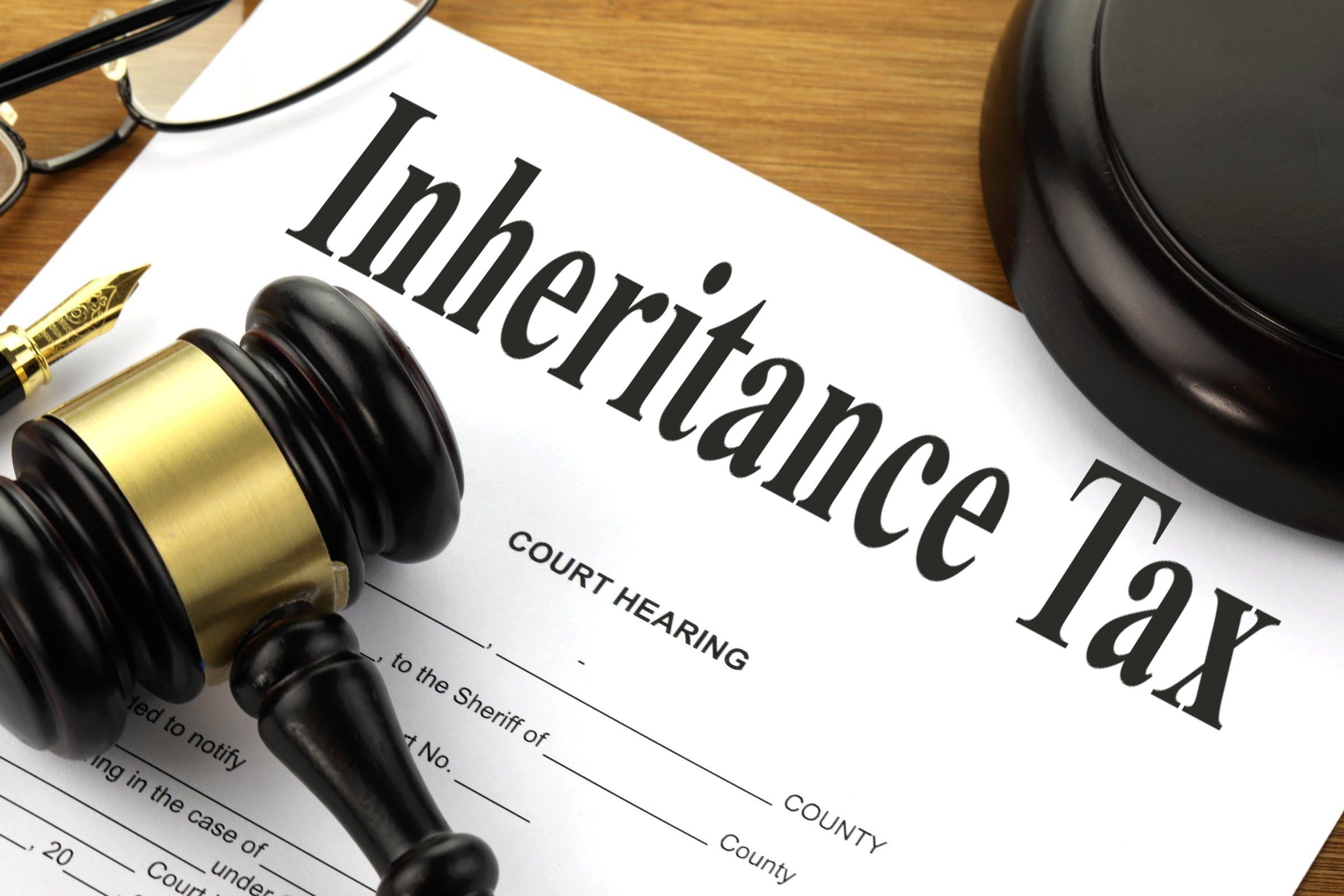In a world where inheritance can often feel like a game of financial roulette, many individuals find themselves wondering just how much of their parents’ estate they can pocket without Uncle Sam getting his slice of the pie. So, just how much can you inherit from your parents without paying taxes? Let’s delve into the complexities of inheritance tax and uncover the secrets to maximizing your windfall.
Understanding inheritance tax
When it comes to inheritance tax, many people wonder how much they can inherit from their parents without having to pay taxes. In the United States, the federal government does not impose an inheritance tax on the recipient of an inheritance. Instead, the estate of the person who has passed away is responsible for paying any taxes owed. However, some states do have their own inheritance tax laws, so it’s important to check the rules in your specific state.
One way to avoid paying taxes on your inheritance is to make sure the total amount you receive falls below the federal estate tax exemption. As of 2021, the exemption is $11.7 million for individuals and $23.4 million for married couples. If your inheritance is below these amounts, you won’t have to pay any federal taxes on it. Additionally, there are certain types of assets that are not included in your taxable estate, such as life insurance proceeds, retirement accounts, and assets left to a surviving spouse. By understanding the rules around inheritance tax, you can ensure that you are making the most of your inheritance.

Key factors determining inheritance tax
When it comes to determining how much you can inherit from your parents without paying taxes, there are several key factors to consider. One of the main factors is the value of the estate left behind by the deceased. In most cases, only estates above a certain threshold are subject to inheritance tax. This threshold varies depending on the country or state in which the estate is located.
Another important factor is the relationship between the deceased and the beneficiary. In many places, spouses are exempt from paying inheritance tax on any amount inherited from their partner. Children, on the other hand, may have a tax-free allowance up to a certain amount before they are required to pay taxes on their inheritance. Other factors that can determine how much you can inherit without paying taxes include any gifts or transfers made by the deceased during their lifetime, as well as any debts or liabilities owed by the estate.

Strategies to minimize inheritance tax burden
In order to minimize the burden of inheritance taxes, there are several strategies that can be implemented. One way to reduce the tax liability is to gift assets to your heirs during your lifetime. By taking advantage of the annual gift tax exclusion, you can give up to $15,000 per year to each recipient without incurring any gift tax. This can help reduce the size of your estate and ultimately lower the amount of taxes owed.
Another strategy to minimize inheritance tax burden is to establish a trust. By setting up a trust, you can transfer assets to your beneficiaries outside of your estate, thereby reducing the taxable value of your estate. Additionally, trusts can provide added flexibility in terms of how and when assets are distributed, allowing you to better manage tax implications. It is important to consult with a financial advisor or estate planning attorney to determine the best approach for your individual circumstances.
The Conclusion
In conclusion, understanding the tax implications of inheriting money or assets from your parents is essential for navigating the complex world of estate planning. By familiarizing yourself with the rules and exemptions surrounding inheritance taxes, you can ensure that your loved ones receive the financial support they deserve without being burdened by unnecessary taxes. Remember, proper planning and communication with legal and financial professionals can help you maximize the amount you receive from your inheritance while minimizing any potential tax liabilities. Ultimately, by staying informed and proactive, you can pave the way for a smooth and tax-efficient transfer of wealth from one generation to the next.

